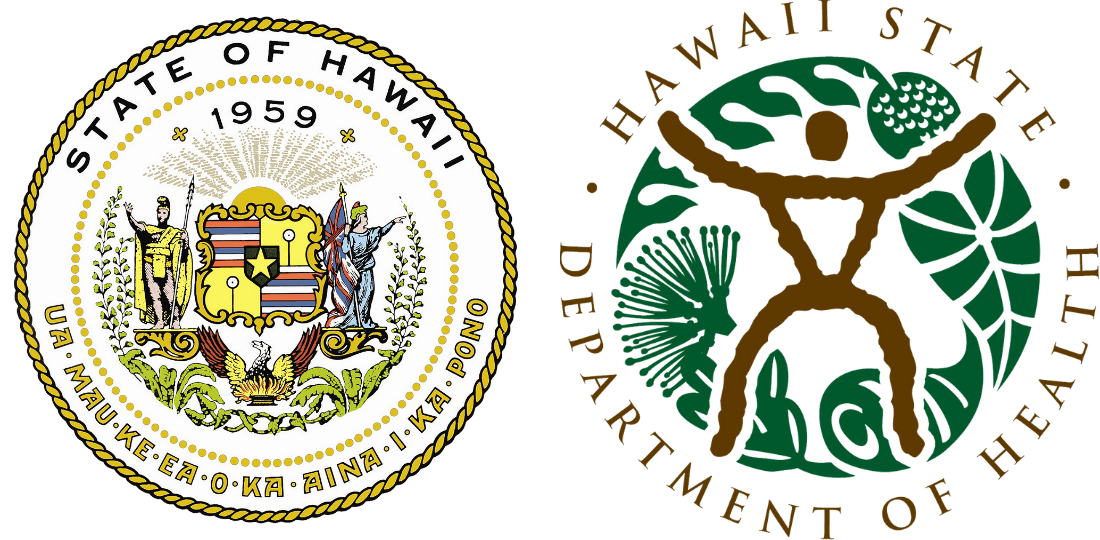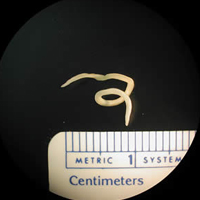Anisakiasis
Report a Case
Disease Reporting Line:
(808) 586-4586
About This Disease
Anisakiasis is a disease of the stomach and small intestines caused by infection with a parasitic nematode (a type of worm). Most anisakiasis cases are reported in Japan, Western Europe (particularly Scandinavia), and the Pacific coast of Latin America where raw or undercooked seafood is eaten regularly.
Signs and Symptoms
The symptoms of anisakiasis include sudden, severe stomach pain and sometimes mimics appendicitis, often with nausea, and vomiting.
Transmission
You can get anisakiasis by eating undercooked or inadequately treated (salted, marinated, smoked, or frozen) octopus, squid, and saltwater fish (commonly, salmon). Anisakiasis is not transmitted from person to person.
Diagnosis
The diagnosis of anisakiasis is usually made by detecting the 2 cm long larvae in the intestines during a medical examination; it can also be found in surgically removed tissue.
Treatment
Most patients improve spontaneously without specific therapy. If necessary, the worm can be removed surgically. Prescribed medications can be effective if surgery is not needed.
Risk in Hawaii
Anisakiasis is not a disease for which physicians are required to report to the Hawaii Department of Health. The risk of contracting Anisakiasis is very low.
Prevention
Thoroughly cook all seafood to at least 140 degrees Fahrenheit or freeze.
Freezing (Fish)
- At -4°F (-20°C) or below for 7 days (total time), or
- At -31°F (-35°C) or below until solid, and storing at -31°F (-35°C) or below for 15 hours, or
- At -31°F (-35°C) or below until solid and storing at -4°F (-20°C) or below for 24 hours.

